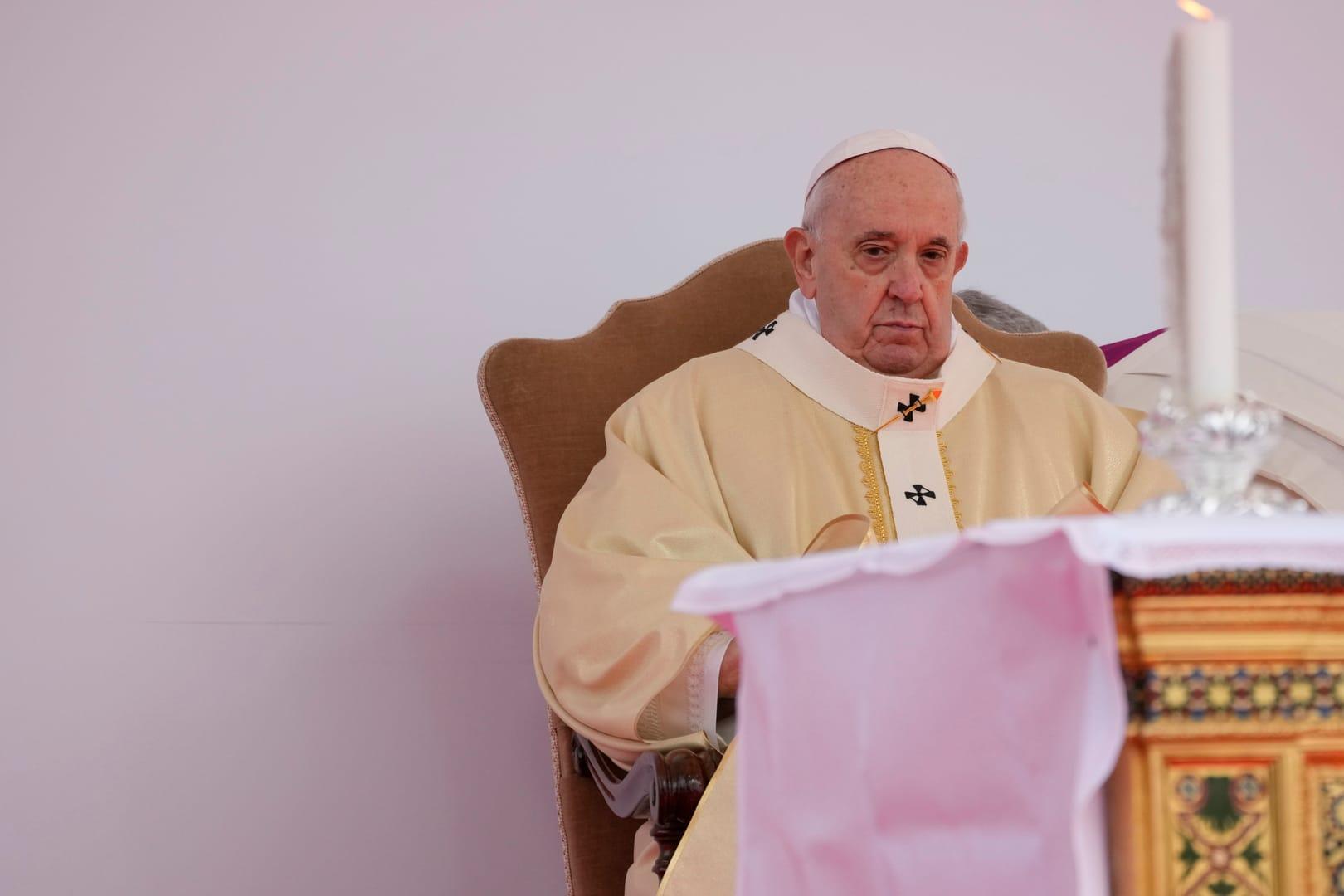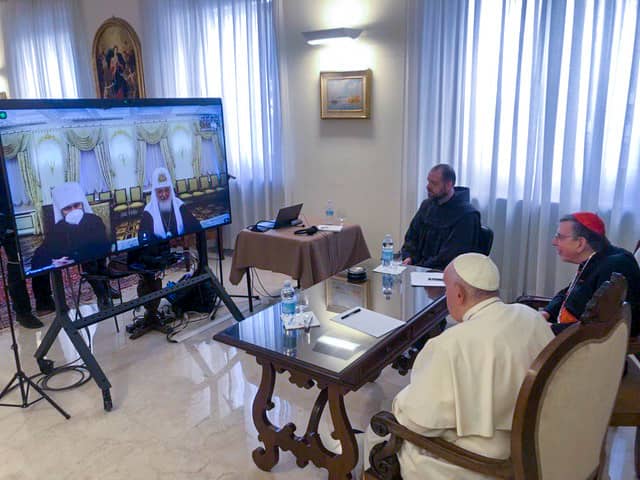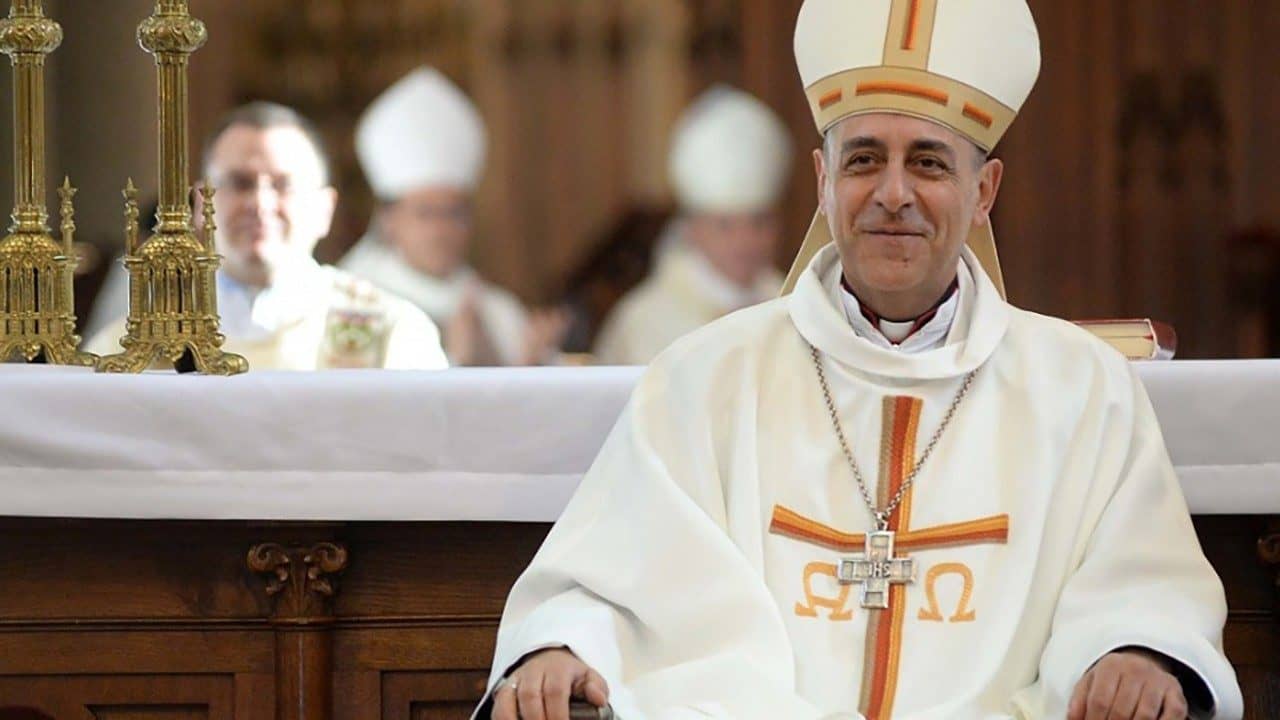ROME – Amid the Watergate scandal of the 1970s, just 18 and ½ minutes of missing tape on secret recordings of White House conversations released under court order was enough to help bring down the Nixon presidency, convincing many Americans there was a conscious effort to prevent the full truth from coming to light.
Now that the Vatican faces its own “missing minutes” controversy regarding sensitive recordings produced under subpoena – and, given that the missing portions could be as much as two hours, far more than the Watergate original – it remains to be seen if these omissions will have the same devastating impact.
The recordings in question are part of the Vatican’s “trial of the century,” a sprawling indictment of ten individuals, including, for the very first time, a cardinal, and a handful of corporate entities for various forms of embezzlement, extortion and fraud. Most of the charges center on a $400 million real estate deal executed by the Secretariat of State to buy a piece of property in London’s exclusive Chelsea neighborhood.
When the indictments against Italian Cardinal Angelo Becciu, formerly the sostituto in the Secretariat of State and thus effectively the pope’s Chief of Staff, and the others were announced in early July, Vatican prosecutors submitted written transcripts of interrogations of various defendants and witnesses, but not the actual recordings of interrogations which had either been audio- or video-taped.
Defense attorneys – and, given that the defendants could basically field a soccer team, there are a ton of them – immediately requested that those recordings also be turned over. Interest centered primarily on the recordings of the prosecutors’ star witness, Italian Monsignor Alberto Perlasca, who had been a prime mover in the London deal as the head of the Secretariat of State’s financial affairs office, but who got out ahead of the fallout by volunteering to roll over on his former colleagues and provide state’s evidence.
The Vatican tribunal ordered that the tapes be produced during a hearing in July, but in early August, prosecutors defied that order citing privacy concerns and lack of consent from the principals. During another hearing last month, the tribunal rejected that argument, ruling that if prosecutors include something in a bill of indictment as supporting evidence, then, by definition, it’s a public act and no expectation of privacy applies.
On Thursday, the Vatican prosecutors, known formally as the Promoter of Justice, finally turned over the tapes in the form of 52 separate DVDs. We don’t yet know if they contain any surprises, as defense attorneys are only now poring over them, but there was a surprise in the technical documentation that accompanied the recordings: a list of ten “omissions through slides [inserted into] audio-video recordings,” and another list of 28 “omissions by means of sound effect of audio recordings.”
In other words, it’s a list of 38 places during the roughly 100 hours of recordings where prosecutors chose to hold something back. It’s difficult to say exactly how much material has been omitted, since the table provided by prosecutors indicates where the cuts come but not how long they last. The Italian news agency Adnkronos estimated that it’s around two percent of the total content – which, given the total, would come to about two hours.
No reason was given for the omissions other than “investigative interests.”
Predictably, defense lawyers are crying foul. In a development you rarely see in these procedures, the lawyers for all ten defendants filed a joint objection with the tribunal expressing “lively concern” and insisting they be given the unexpurgated versions in order to create the conditions for a “proper administration of justice.”
In the absence of any satisfying explanation, theories have abounded as to what’s in those missing minutes. Some in the Italian media have hypothesized that they’re explicit references to Pope Francis and what he knew and when he knew it. Others wonder if the edited bits catch Vatican gendarmes or prosecutors threatening witnesses, perhaps especially Perlasca, if they don’t cooperate, which could suggest the testimony was coerced.
One relevant difference with the Watergate scandal is that with the Nixon tapes, those 18 and ½ minutes were deleted and could never be retrieved. In this case, presumably the missing content is still in the original recordings and could, theoretically, be produced.
The next hearing in the trial is set for Nov. 17, and we’ll see what happens when the three-judge panel, led by veteran Italian jurist Giuseppe Pignatone, takes up the defense appeal.
Yet, in the court of popular opinion, it’s probably fair to say that prosecutors are facing an ever-wider “credibility gap.” This trial was supposed to be a coronation of the financial reforms adopted under Pope Francis, the cornerstones of which are supposed to be transparency and accountability.
Instead, impressions are growing that this may be simply a show trial, meaning a bit of theatre designed to place blame for failure on a group of carefully selected scapegoats while preventing anything embarrassing or contradictory to the chosen narrative from emerging.
Pope Francis made this entire exercise possible by issuing a series of rescripts invoking his executive authority to amend, or to suspend, certain rules of procedure. It remains to be seen if the pontiff now will draw on that same authority and order his prosecutors to come clean.
Follow John Allen on Twitter: @JohnLAllenJr















